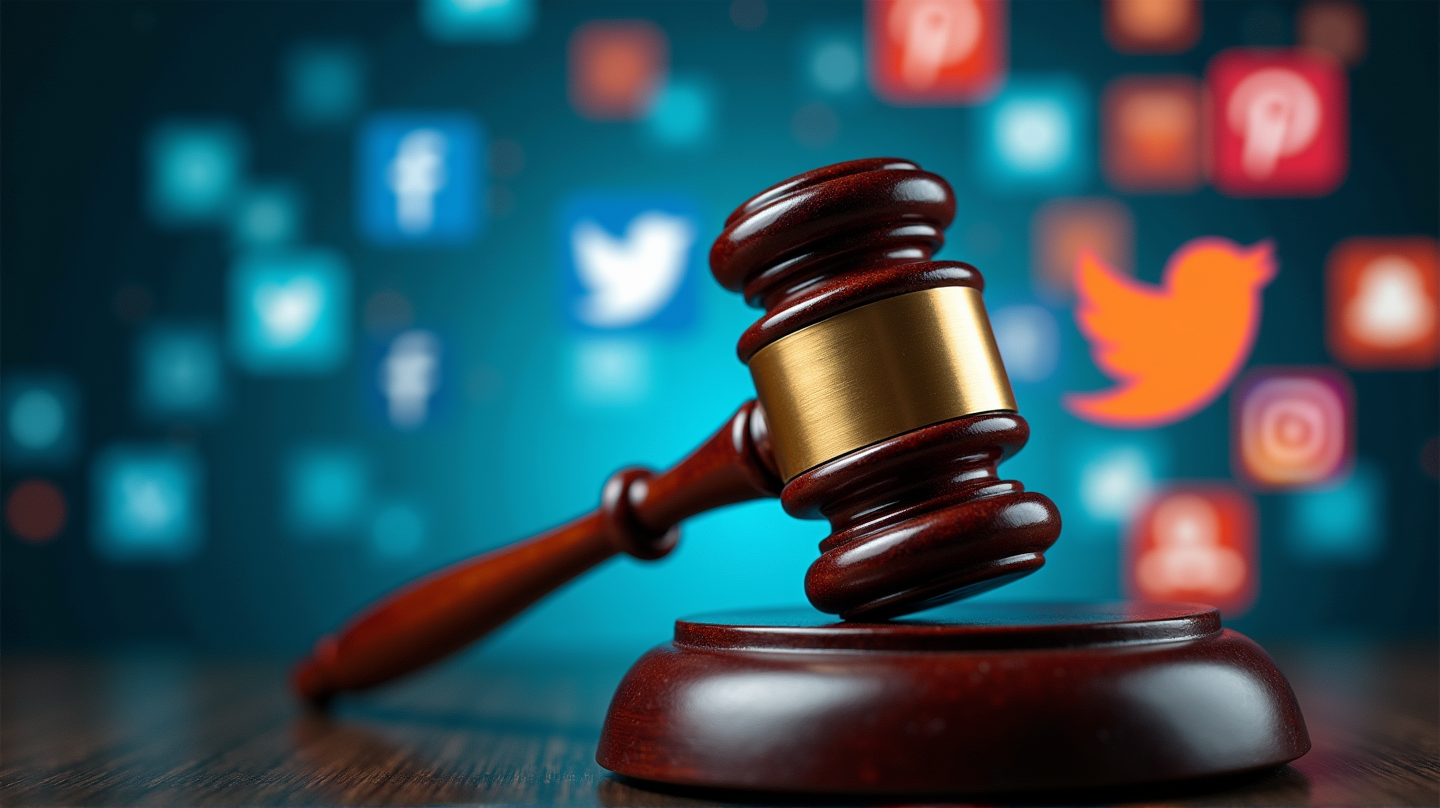In a landmark decision, the Supreme Court has declined to block a Mississippi law that mandates all social media users verify their ages before accessing platforms. This law is the first of its kind, extending age verification requirements beyond sexually explicit content to include everyday social media sites such as Facebook and Nextdoor.
A Broader Scope than Before
This new Mississippi mandate is notably broader than a recent Supreme Court verdict that required age checks only for websites featuring explicit content. Authored by Justice Clarence Thomas, that previous ruling emphasized the need to protect children from harmful materials. However, Mississippi’s law calls for age verification across all platforms, creating ripples of concern and support.
Parental Controls vs. Legal Mandates
The law further stipulates that social media websites must actively avoid exposing children to harmful materials and necessitates parental consent for minors on sites like Instagram and YouTube. This aspect of the law has sparked debates regarding parental rights and existing tools, like web browser controls, which many argue provide sufficient protection without infringing on constitutional rights.
Industry Pushback
NetChoice, an association dedicated to safeguarding online freedom, has challenged the Mississippi law, asserting it crosses constitutional boundaries by imposing unnecessary and broad restrictions on free speech. They highlight the potential pitfalls of ‘monitoring-and-censorship’ and its impact on accessing a diverse range of information, including educational and political content.
In response to NetChoice’s objections, a federal district court initially paused the law, citing potential constitutional violations. However, the 5th Circuit Court of Appeals lifted this halt, setting the stage for further legal battles and debates over online freedoms.
Justice Kavanaugh’s Concerns
Justice Brett Kavanaugh voiced the court’s internal apprehensions, labeling the law as likely unconstitutional yet acknowledging NetChoice’s inability to demonstrate immediate harm and misbalance. Consequently, the higher court’s current stance is not to hinder the appellate court’s decision, allowing Mississippi’s law to momentarily take effect.
The repercussions of this ruling hint at a shifting legal landscape surrounding technology and personal freedoms, sparking a heated conversation on the role of state intervention versus parental control. As stated in Lehigh Valley Public Radio, it marks a pivotal moment in the discourse of free speech in the digital age.
Today’s decision places Mississippi at the forefront of this legislative frontier, with potential ramifications echoing across the nation. As debates continue, the onus remains on courts and communities to find a balanced path forward.
